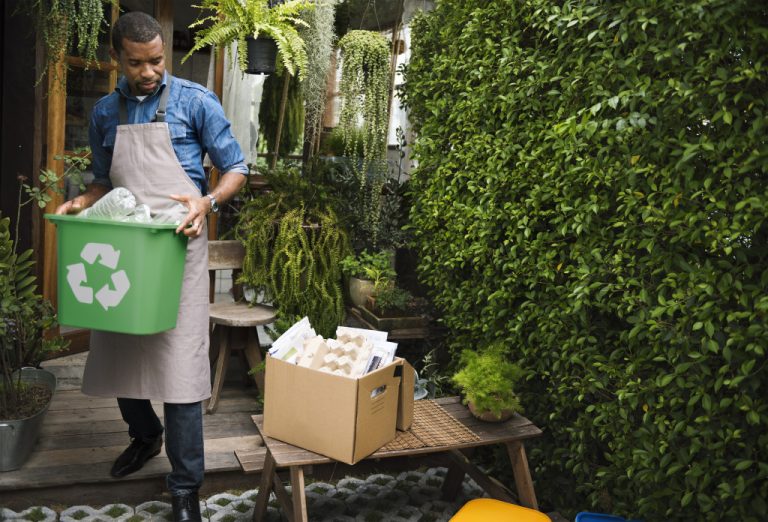Climate change is a severe problem that requires everyone to do their part to help solve it, even in small ways. An average person can already do many things to help reduce their carbon footprint and make a difference. Of course, one person is not enough to save the planet, but if enough people make these little changes, they can have a significant impact.
Your efforts don’t have to be that time-consuming or expensive. You can achieve it at home, especially when you find how much resources you spend daily.
Conversing Water
Saving water is vital for many reasons, but one of the most important is that it can help reduce climate change. Water is a precious resource, and when we waste it, we are not only harming the environment but also our future.
There are many ways to save water at home, most of which are easy and inexpensive. You can start by making small changes like turning off the faucet while brushing your teeth or shaving, taking shorter showers, and fixing leaks. You can also install low-flow showerheads and toilets and use a dishwasher instead of handwashing dishes.
These small changes can add up to significant savings in water and money. By saving water, we can help reduce our dependency on fossil fuels and slow the effects of climate change. Homeowners can make a difference by doing their part to save this precious resource.
Recycling
One of the easiest and most effective ways for homeowners to help fight climate change is by recycling waste. Recycling helps reduce the amount of waste that goes into landfills, reducing the amount of methane gas released into the atmosphere. Methane is a potent greenhouse gas that contributes significantly to climate change.
Homeowners can recycle various materials, including plastic, metal, glass, paper, and cardboard. All you need to do is gather your recyclable materials and take them to your nearest recycling center. Most centers have separate containers for each type of material.
Most people do not know they can recycle cooking oil. Recycling cooking oil is a great way to reduce your carbon footprint and help the environment. You can recycle used cooking oil into biodiesel, which can get used to power cars and other vehicles. Cooking oil recycling is a great way to reduce your carbon footprint, and it’s easy to do. All you need to do is save your used cooking oil in a container and have it picked up by a company that provides cooking waste oil collection. They can save you the time and effort to make your recycling efforts worthwhile.
Composting

Composting is another great way to help the environment and fight climate change. Composting helps reduce the amount of methane gas released into the atmosphere by decomposing organic waste in landfills.
Homeowners can compost their kitchen scraps, yard waste, and even some types of paper and cardboard. All you need is a compost bin or pile, some organic materials, and patience. Once your compost bin or pile gets set up, add your organic materials and let nature do its work. In no time, you’ll have nutrient-rich compost that you can use to fertilize your garden or lawn.
It might mean extra effort for some people, but composting is a great way to help the environment and fight climate change.
Reusing and Reducing
One of the best ways to reduce your carbon footprint is to reuse and reduce the amount of stuff you own. This can be anything from using a reusable water bottle to buying used furniture instead of new.
Some of the items you can reuse and reduce are:
- Plastic bottles
- Plastic Tupperware
- Glass containers
- Plastic bags
- Paper towels
- Coffee cups
- Paper plates
Every time you reuse or reduce, you’re helping to save resources and prevent waste from going into landfills. You’re also saving money, which is always a bonus. So next time you’re about to buy something new, ask yourself if you need it or if you can get by with what you already have.
Reducing Energy Consumption
Another way to help reduce your carbon footprint is by reducing your energy consumption. Homeowners can do this in several ways, including sealing air leaks, insulating their homes, and using energy-efficient appliances. By making these changes, you can save money on your energy bill while also helping the environment.
One of the easiest ways to reduce energy consumption is to turn off lights and electronics when you’re not using them. You can also unplug chargers and other electrical devices, not just leave them attached to the electric socket.
Final Thoughts
Your efforts at home and making these changes to your lifestyle can help save the environment in a big way. Climate change is a global problem, but we can all do our part to help solve it.
Homeowners can make a difference by doing their part to save water, recycle, and compost. These small changes can significantly impact the environment and our fight against climate change.

